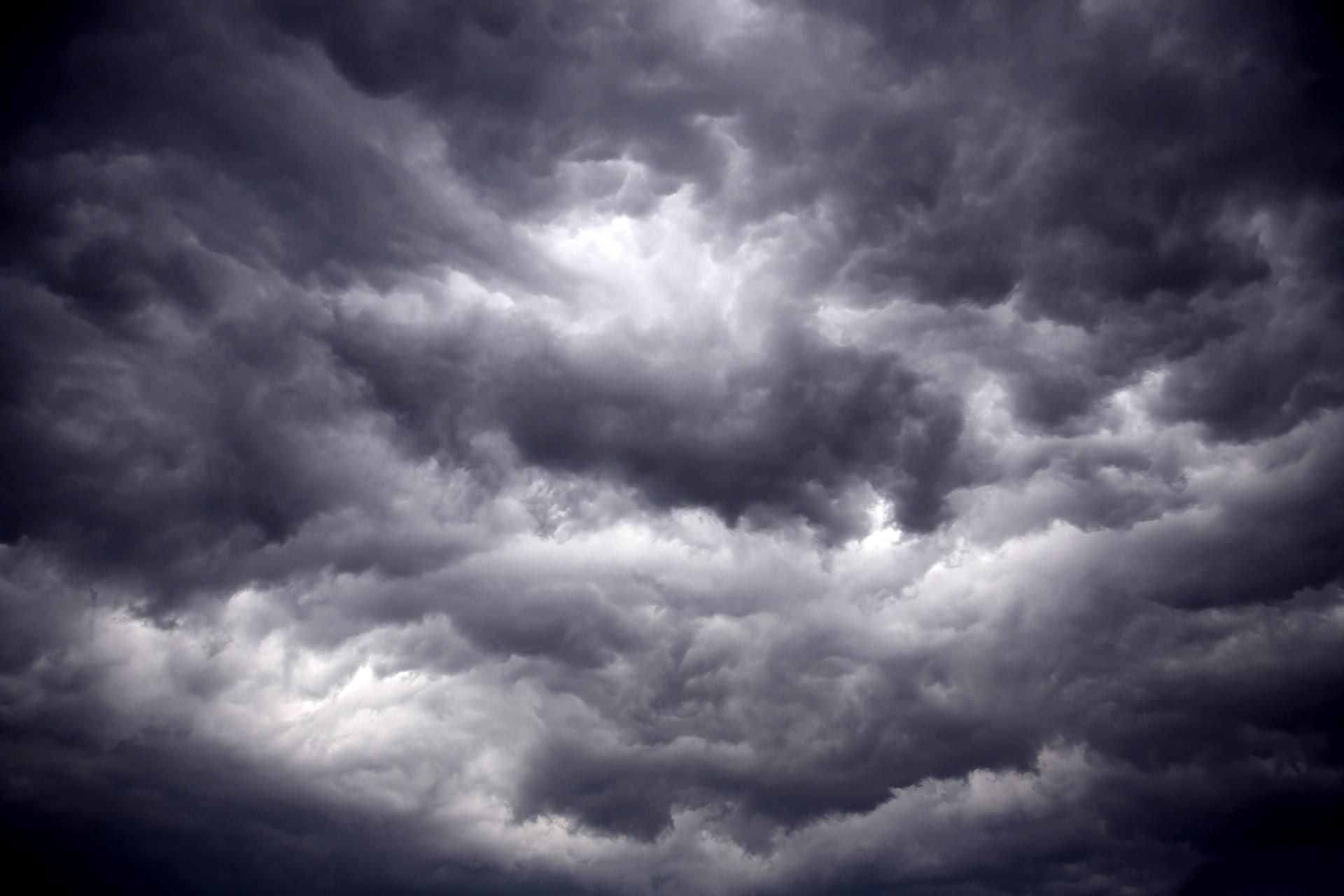THAWING TO APPALLING
All aboard! We're about to ride the roller coaster of weather. It won't cost you a penny, but the seat belt is mandatory. When you get off Monday morning, temperatures will "feel" more than 70 degrees colder than what is found Friday afternoon. Not a bad ride for free. Unfortunately, that thrilling little experience does not appeal to even the hardiest among us. The price you pay for living in the amusement land known as the Midwest!
Here's the way this works. Jumping forward to Friday, you'll notice there's a lot of blue in the center of the nation. That indicates where pressure is lower than average and temperatures are warmer than normal.

In fact, they are substantially warmer with temperature anomalies that look like this.

The translates to highs Friday that range from 42 in the north to 48 down south. That qualifies as a respectable January thaw, with norms generally in the mid to upper 20s.

Moving forward to Monday night, all that low pressure in blue has been replaced by high pressure in red.

This is no ordinary high pressure, being of Arctic origin and massive in scope. Some models indicate the central pressure is as high as 1060 millibars over the Rockies. That is impressively cold dense air.

Take a look at the negative temperature anomalies that have engulfed the country by Monday morning.

That's producing wind chills Monday morning as cold as 30 below in my northern counties. If the forecast verifies, it will feel 72 degrees colder at that time in Dubuque than it did Friday, when the high is projected to reach 42.

Something else I've been talking about the past few days are the temperatures at 850 millibars, roughly a mile above the surface. Both the operational EURO and GFS show them at -31 in Dubuque and -30 in the Quad Cities Monday. The coldest ever measured at the NWS office in Davenport going back to 1995 is (-29.5) Christmas Eve of 2022. Can we get there and secure a new benchmark?

Another question is how much of that extreme cold can get down to the surface where we live? In this case, the lack of snow cover and a wind of 10-20 mph will limit the surface depth of the cold air when the worst of it is overhead. The way it looks now, the coldest ambient temperatures should be Tuesday morning, when lows of -12 are shown in the north on the EURO.

The coldest daytime high temperatures are shown Monday when the zero line hugs HWY 20. The rest of the region remains in the single digits. Monday promises to be a very frigid day!

Improvement works into the pattern the middle of next week, with the anonymously cold deep trough shifting further east. At 500mb, here's the cold at its worst entering Monday.

By Wednesday, it has hit the trail and the rollercoaster has flattened out.

You can see in the 6-10 day outlook from CPC a far more seasonal brand of weather by January 25th. However, I think the warm-up is temporary, and we are not done with harsh cold just yet. Additionally, you can see odds remain high that precipitation remains light and well below normal.

Over the next 15 days, the EURO shows this for precipitation through January 30th.

Here's the 15-day departures.

Last, but not least, suggested snowfall through January 30th. Man, we sure know how to miss it.

By the way, if you are looking for snow, rain, or anything resembling storminess, we have to get rid of this persistent ridge that extends from the Aleutians to the Pacific Northwest. You can see it in the red paint bomb below. That's created 2 months of NW flow where moisture and storms have been very difficult to come by. You can see it in bright red.

The EURO extended ensembles show a significant change by February 5th that might open the door to energy and more importantly, more moisture. That's not a bad look if we can get the change and hold it for 2–3 weeks. Something to watch.

Meantime, warmer weather is on the way. Embrace it, as it won't be around for long. Roll weather...TS
WINTER SALE CONTINUES AT OUR GALENA AIRBNB (CLICK BANNER)
40% off a weekend or weekday stay in December-February. Call or text Carolyn now at 563 676 3320.











Comments